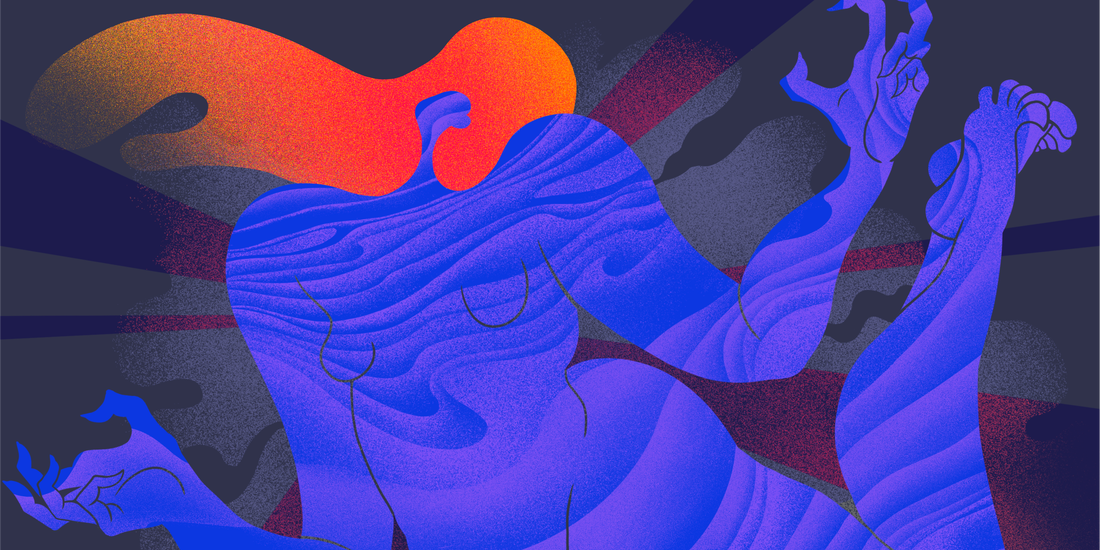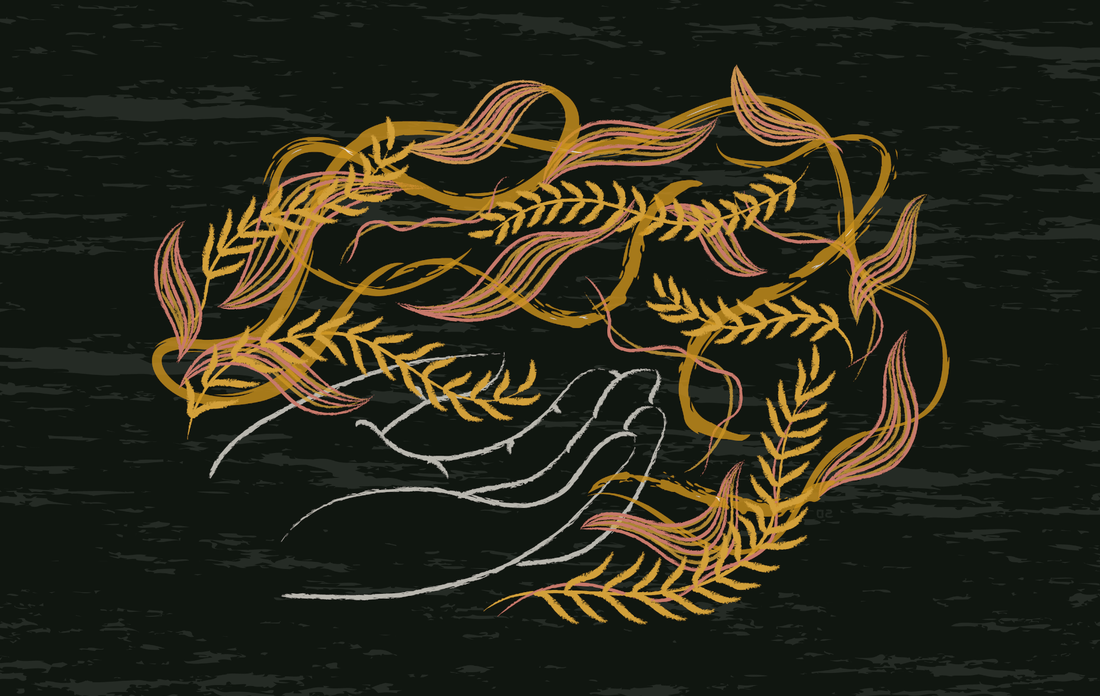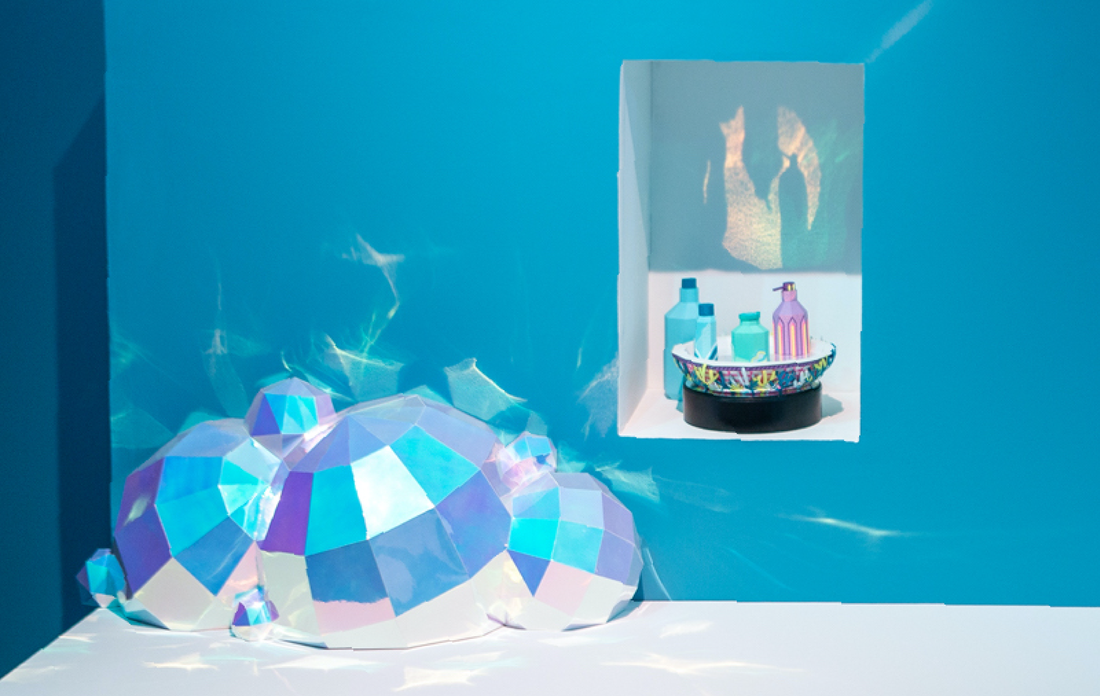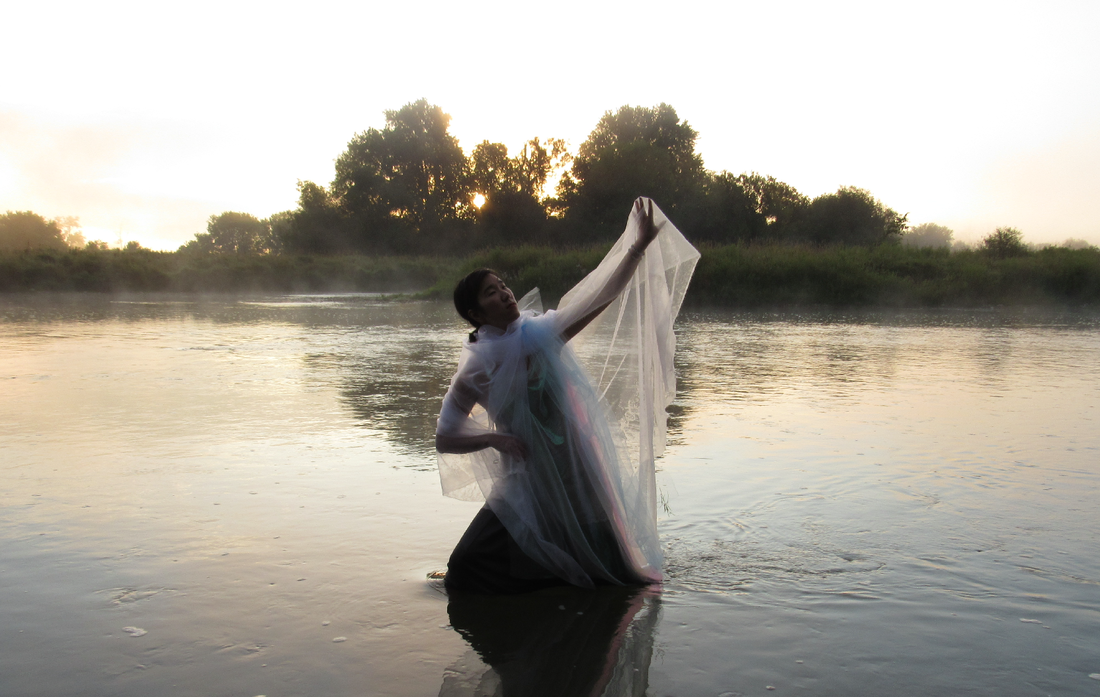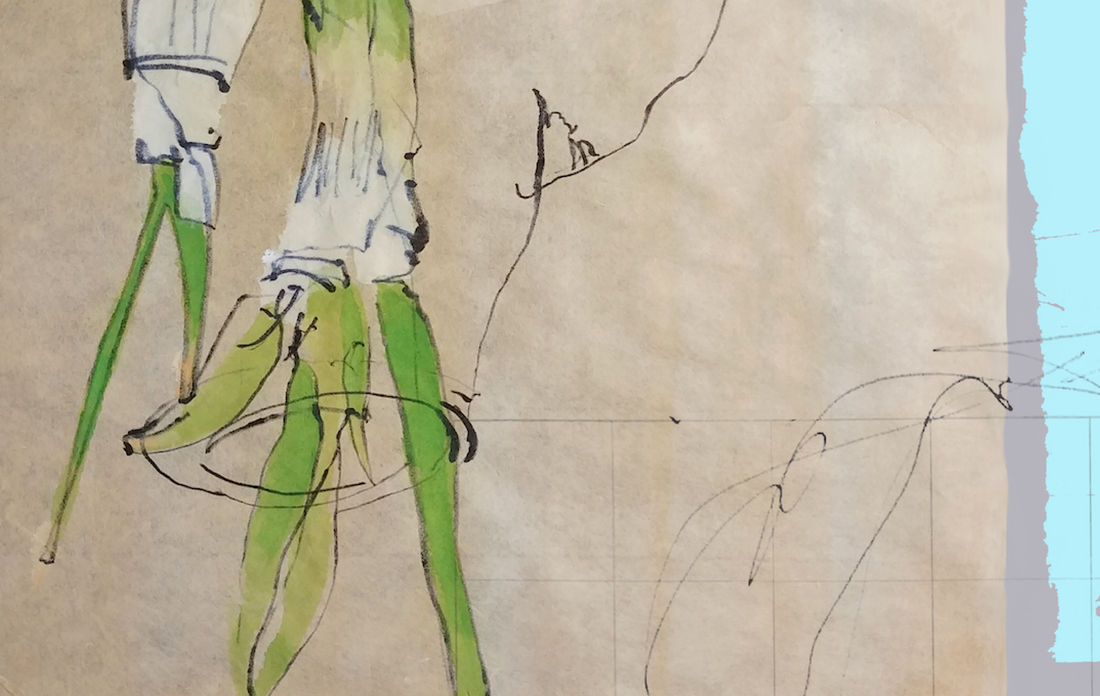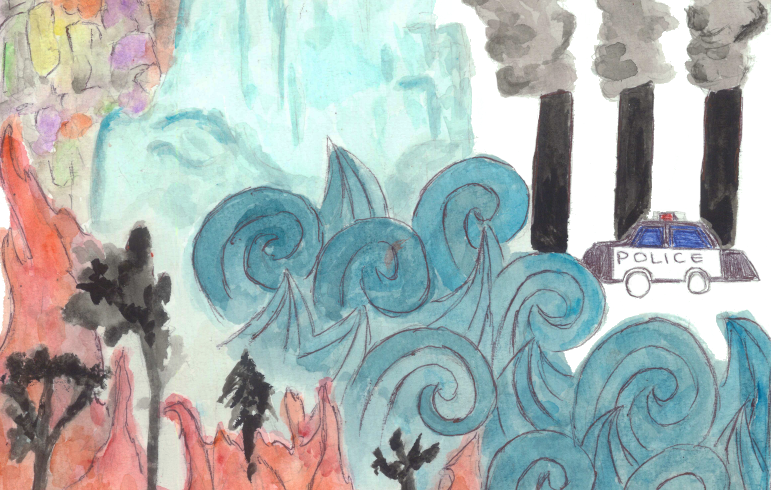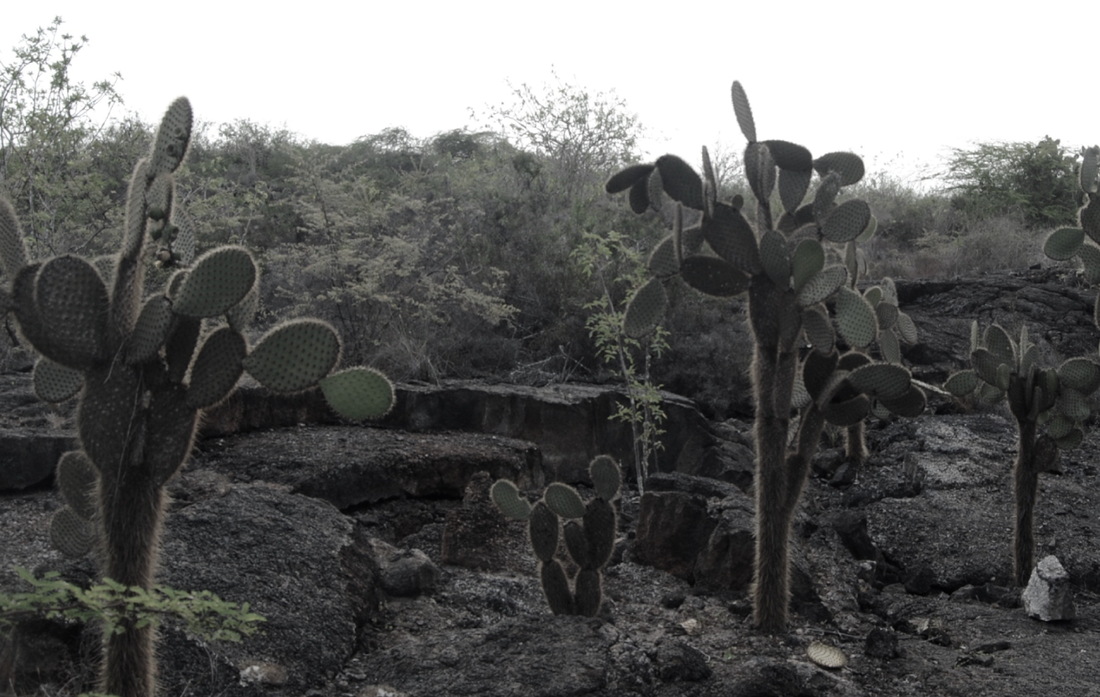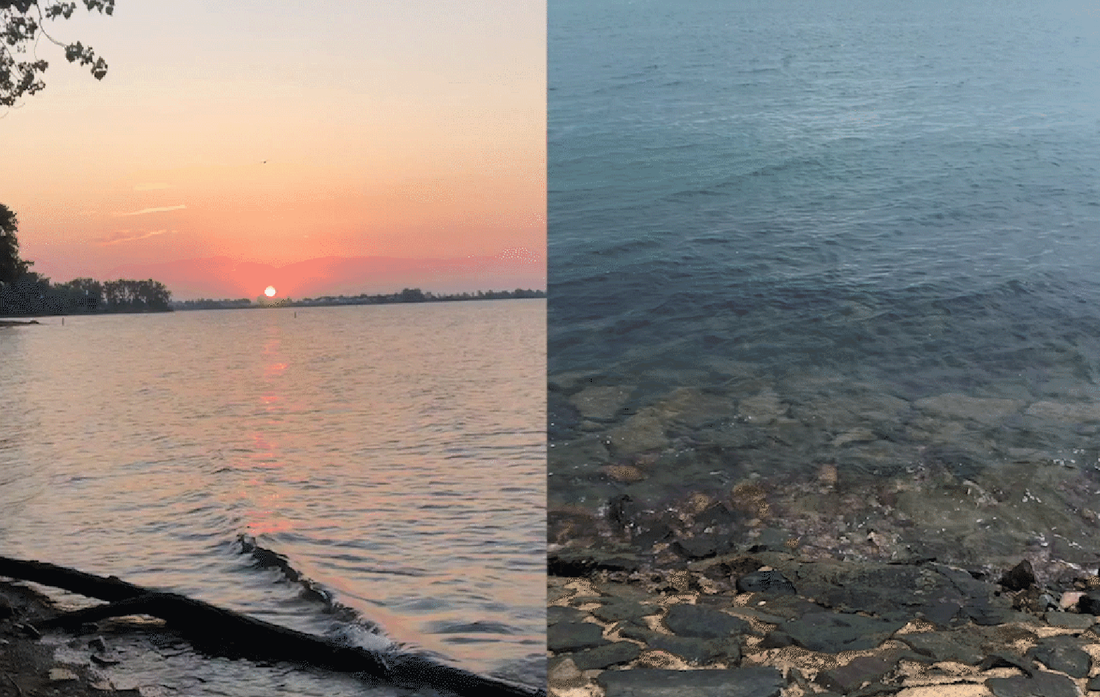This inaugural volume focuses on the Korean diaspora residing in Canada. We acknowledge that this territory is the subject of the One Dish, One Spoon Wampum Belt Covenant, an agreement between the Iroquois Confederacy and the Confederacy of the Ojibwe and allied nations to peaceably share and care for the resources around the Great Lakes. Continued.
VOLUME 1 | 2020
In Canada, water is taken for granted. With just a turn of the tap, we have an abundance of water. Water is everywhere when we wash our food or flush the toilet. But water may not be as ubiquitous in the near future. A turn of the tap may no longer exist for some of us, if at all.
How does water exist in our everyday lives? What significance does water have in our lives? How does water shape our relationships with each other and the spaces we navigate? For our inaugural volume, we want to use water to open up conversations on the climate crisis, as well as the multiple existences of water in our daily lives.
캐나다에서 살아가는 우리는 물을 당연한 자원으로 여기며 생활하고 있습니다. 수도꼭지만 틀어도 물이 흘러나온다는 확신이 있고, 손을 자주 씻어야 하는 현실에서 우리는 쉽게 물을 사용할 수 있습니다. 그러나 우리가 상상하는 것보다 더 가까운 미래에는 원하는 만큼 물을 사용하지 못할 수도 있습니다. <초아>의 창간호에서는 ‘물’이라는 소재를 통해 기후 위기에 대한 이야기를 전하고자 합니다. 다양한 분야의 전문가들과 예술가들을 초대하여, 물이 우리와 어떤 관계를 맺으며 우리의 삶에 어떤 존재로서 역할하고 있는지를 살펴봅니다. 소방과 기후 난민 문제, 목욕탕과 물의 선천적인 힘, 다양한 물의 존재를 아래에서 확인해보세요.
How does water exist in our everyday lives? What significance does water have in our lives? How does water shape our relationships with each other and the spaces we navigate? For our inaugural volume, we want to use water to open up conversations on the climate crisis, as well as the multiple existences of water in our daily lives.
캐나다에서 살아가는 우리는 물을 당연한 자원으로 여기며 생활하고 있습니다. 수도꼭지만 틀어도 물이 흘러나온다는 확신이 있고, 손을 자주 씻어야 하는 현실에서 우리는 쉽게 물을 사용할 수 있습니다. 그러나 우리가 상상하는 것보다 더 가까운 미래에는 원하는 만큼 물을 사용하지 못할 수도 있습니다. <초아>의 창간호에서는 ‘물’이라는 소재를 통해 기후 위기에 대한 이야기를 전하고자 합니다. 다양한 분야의 전문가들과 예술가들을 초대하여, 물이 우리와 어떤 관계를 맺으며 우리의 삶에 어떤 존재로서 역할하고 있는지를 살펴봅니다. 소방과 기후 난민 문제, 목욕탕과 물의 선천적인 힘, 다양한 물의 존재를 아래에서 확인해보세요.
Letters from the Editors
"Our inaugural volume explores water as an entry point to talking about the climate crisis, certainly as a physical, finite resource, but also the different ways that we value water spiritually, emotionally, recreationally, and more."
Founders Harriet Kim and Mirae Lee reflect on starting choa and why water is the theme of the inaugural volume.
With cover art by Hanna Lee Joshi
"Our inaugural volume explores water as an entry point to talking about the climate crisis, certainly as a physical, finite resource, but also the different ways that we value water spiritually, emotionally, recreationally, and more."
Founders Harriet Kim and Mirae Lee reflect on starting choa and why water is the theme of the inaugural volume.
With cover art by Hanna Lee Joshi
|
Patricia Youn on Firefighting in Toronto and Navigating the Use of Water as an Essential Service
"There’s a lot of onus on individuals—for example, plastic straws—but will that stop climate change?" Interview by Harriet Kim & Mirae Lee |
|
We Bathe Here
"While laying on the rubbery, bubble gum pink dais and looking up at the ceiling, I would see a myriad of water droplets getting heavier and heavier from the steam in the air." Visual & Text by Cat Lamora |
|
Swim Forever
"Water reflects, holds us softly, and fits exactly to our bodies. It can also rise, drown, and destroy. Water is life and death, and I behold it with great reverence." Music & Video by Janice Jo Lee |
|
untitled (I always return to you)
"Whenever I contemplate water, I find myself returning to nature." Visual & Text by Jeannie Kyungjin Kim |
|
Esther Kim on Navigating Finances and Public Education in the Climate Crisis
"Whenever you have a scarce resource, human beings may not always act their best and so it could lead to so many different safety concerns as well." Interview by Harriet Kim |
|
Galápagos Observations
"Is it not telling that, globally, wildlife cautiously emerged from the shadows, while humans observed stay-at-home measures in lockdown during the pandemic?" Text & Photos by Jenny Yoo |
|
The Danger of Watering Down Others' Pain: Climate Change and Refugees | 다른 이의 고통을 희석하는 것의 위험성: 기후 변화와 난민
"Everyone’s story is unique, but for some people, these stories can be reduced to a category—even worse—be met with skepticism." Non-Fiction by Jiwon Chun |


